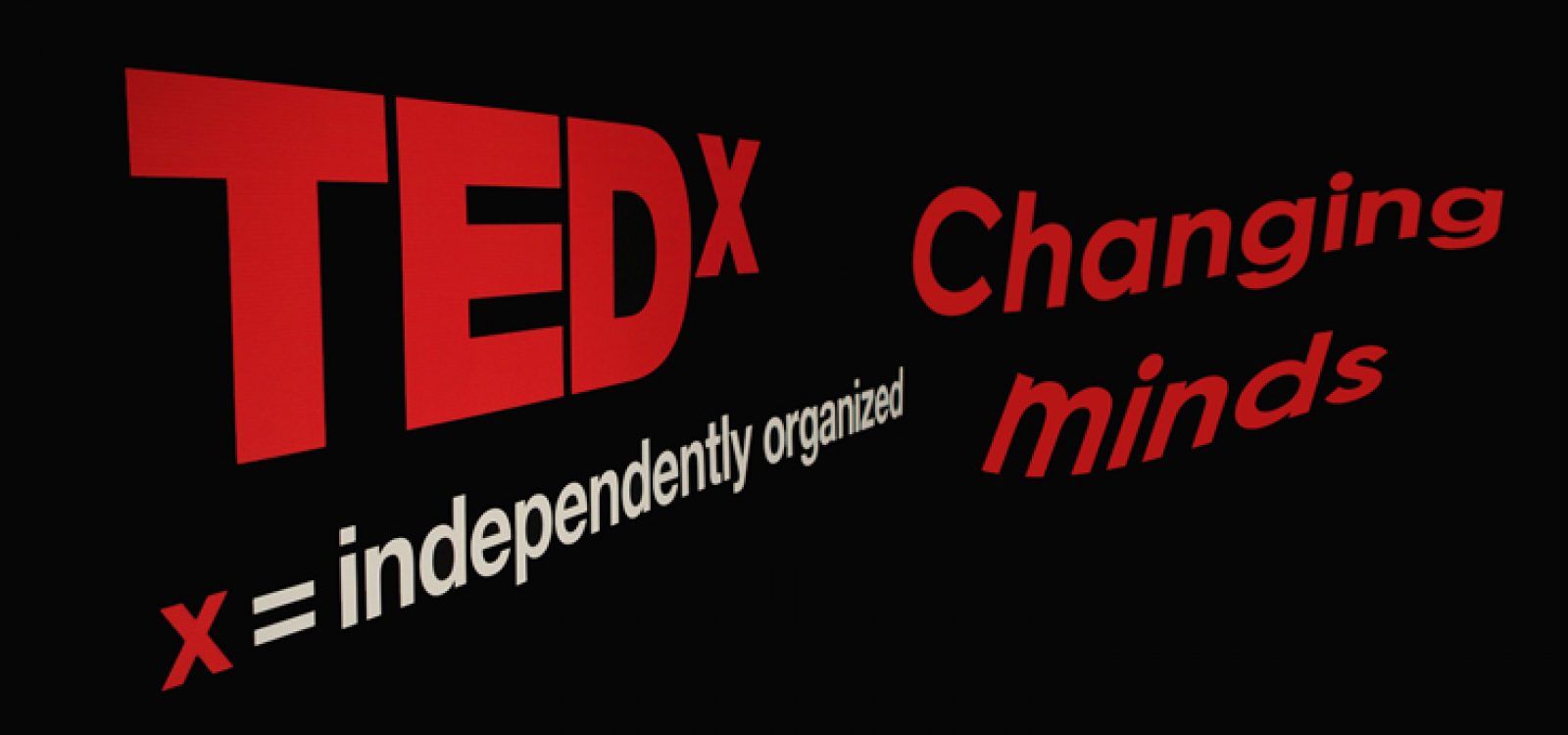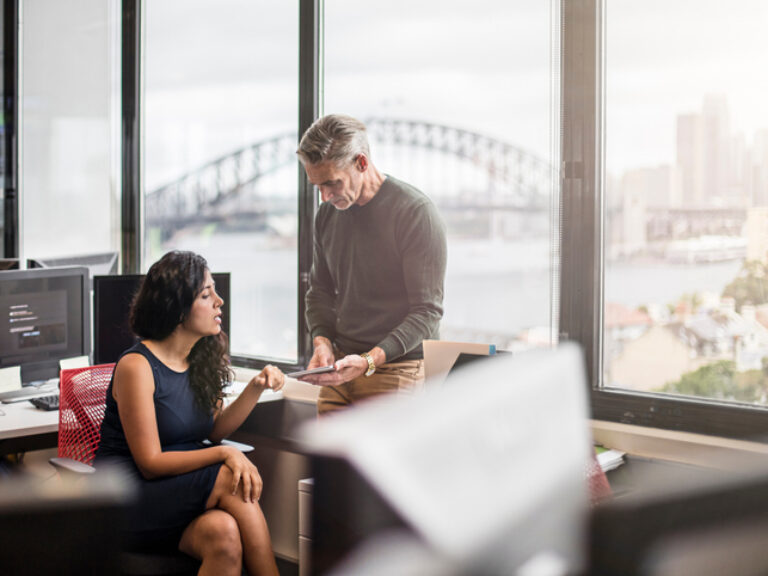
Changing minds – CEO Column
Elayne Grace CEO reflects on biases, the need to truly listen and the importance of creating space where new evidence can grow.
Lucinda Beaman, Factcheck Editor at The Conversation was one of the most interesting speakers at TEDX in Sydney which I attended recently.
With ‘fake news’ easily propelling inaccurate and misleading information to the masses via social media and online sites and forums, it’s become increasingly important to be able to critically evaluate what you read and hear.
Lucinda’s talk ‘What does it take to change a mind?’ discussed how people find it hard to change their minds about something they believe in, even when they are faced with contrary facts.
Changing our mind takes time and effort. It requires trust and respect. It demands empathy, vulnerability and most of all, courage.
If our minds are made up for good, can we truly take advantage of the knowledge that is growing exponentially?
Here is an excerpt from Lucinda’s talk:
“Think about a person in your life you disagree with, on something that really matters to you. The kind of thing that might start an argument. Think about a disagreement, maybe about economics, immigration, climate change, politics. You’re disagreeing, and you’re both arguing your cases. But while you are disagreeing you are probably listening to the opportunity to refute it rather than listening to understand. We have all been guilty of this. Because in that moment what we all want is for the other person to change their mind, listen to us, nod their heads and say ‘you’re right’. But when was the last time you changed your mind? I’m going to hazard a guess and say most of us think that we are open minded, that we are the flexible ones.”
“Changing minds may not happen on the spot. Try not to win the argument. Instead try to create an environment where a seed of new evidence can grow.” – Lucinda Beaman
Lucinda’s ideas seem particularly relevant to Actuaries who present facts to help inform people’s decisions and who also must seek information from others to help inform their opinion. We are taught to put forward information from different perspectives and different scenarios so that we get a more well-rounded and informed view of how events might eventuate. This can be from either a commercial or public policy perspective.
Top 3 tips from Lucinda Beaman:
-
make sure you’re listening to understand and not just for the chance to argue back;
-
engage your sense of curiosity and empathy. It’s one thing to know what someone believes but something else entirely to understand why they believe it. And it is in the ‘why’ we have the opportunity to connect; and
-
when it is your chance to speak, take the time to retrace the steps you took to arrive at your conclusion. Try as hard as you possibly can to find at least one point of agreement no matter how small and then of course, share the best evidence you can.
Beyond facts, to feelings
Are people truly listening? Are we as actuaries truly listening?
Putting facts on the table is one thing, getting people to embrace those facts is a whole new challenge. Because it’s never just about the facts. Lucinda explains that those facts are tied to social issues which are usually tied to feelings. Those feelings may be tied to our sense of what is right and wrong and even the loyalty to our tribes.
Heuristics is the name given to the ingrained distortions or natural biases in the way people think – like intelligent guesses derived from experience. There are several common heuristics we might use unconsciously, and which affect the decisions we make. Two of the more interesting ones are:
- confirmation bias: selective search for evidence that avoids information that contradicts existing beliefs; and the one politicians often use:
- the illusory truth effect: the more often we hear a statement the more likely we are to believe it is correct.
Of course, everybody tends to think they’ve done an independent assessment of latest information available. In some cases this is true. But how often do we acknowledge the unconscious factors we bring when we are taking on board new information?

Sharing facts to spotlight reality
The Royal Commission into Financial Services has shown there have been unseen risks in organisations. People become so used to business practices, like conflicts of interest and commission structures, that they forget to question whether they are right.
Professor Simon Longstaff of the St James Ethics centre explains here why good people do bad things. It’s because they are “conditioned to be blind to the reality that is before them”. This “conditioned blindness” falls into
four categories of self-deception:
- Legalism (inability to imagine moral obligations beyond the law)
- Tribalism (a sense that the community you are part of is the only thing that matters.)
- Moral relativism (the excusing of unethical practices by viewing businesses as “a game” and oneself as “a role”)
- Scientism (the role that authority plays in making people blind).
It is important we see organisations for what they truly are, questioning whether practices really support the principles and values put forward. Gathering and sharing facts can put a spotlight on this reflection.
The Tedx talk considers how accepting a certain fact may require us to change our course. When that change is too challenging to our mindset, we may want to reject that fact outright. Information that prompts a change in our belief is not just difficult to process, it could be a social risk that may lead to isolation. This can be quite scary, but we need to try to see things as they really are.
So what are the issues Actuaries should become fact finders on?
Let’s think about:
- fair treatment of customers;
- insurance affordability; and
- mental health insurance, to name a few.
Please use the comments section below to share your thoughts and as always, feel free to get in touch with the Institute via Actuaries@actuaries.asn.au

CPD: Actuaries Institute Members can claim two CPD points for every hour of reading articles on Actuaries Digital.






